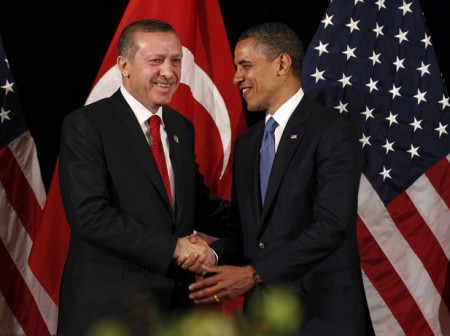By Stewart M. Patrick for the Council on Foreign Relations.

When it comes to “rising powers,” the BRIC countries—Brazil, Russia, India, and especially China—tend to get the most press. But there’s another emerging player that promises to shape world politics in the twenty-first century with its robust growth, political evolution, and strategic choices. It is Turkey, a country that straddles some of today’s most critical divides: between Europe and the Middle East, between the West and the developing world, between secular democracy and religious piety. Turkey’s evolving might, its geographic position, and model of moderate political Islam make it a natural candidate for “strategic partnership” with the United States. This is the conclusion of U.S. Turkey Relations, a just-released CFR task force report co-chaired by former secretary of state Madeleine K. Albright and former national security adviser Stephen J. Hadley—and directed by my able colleague, Steven A. Cook.
